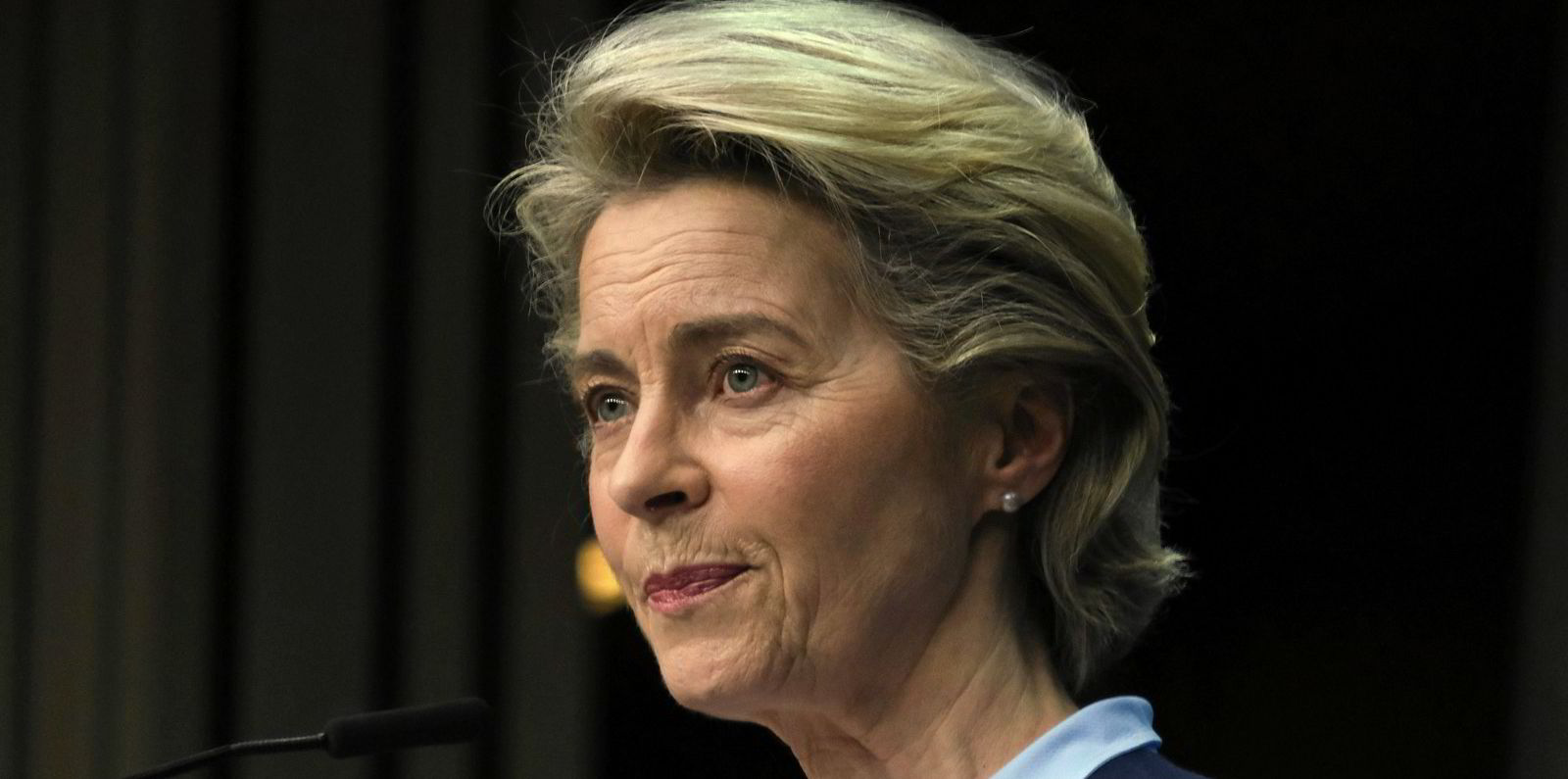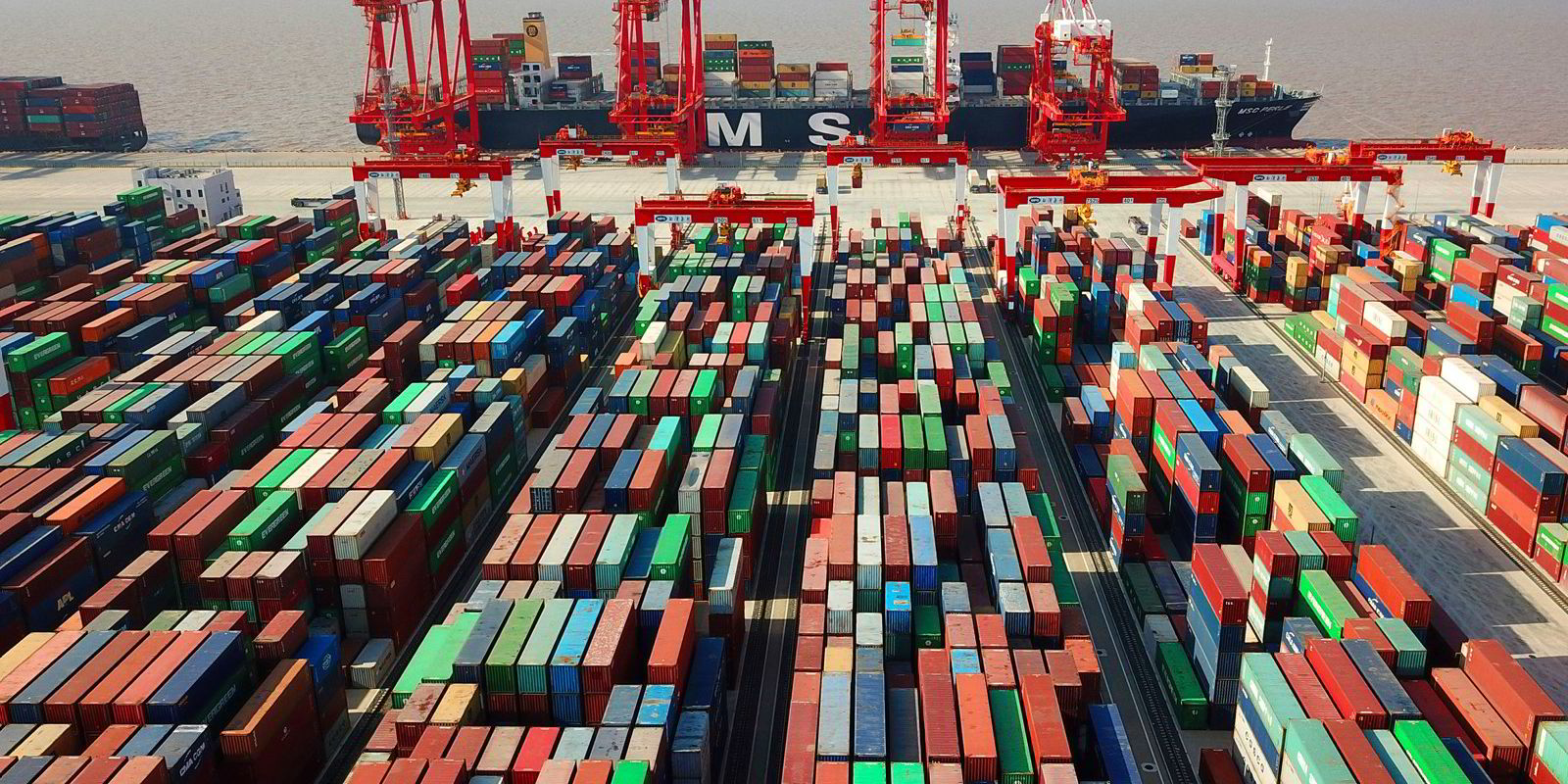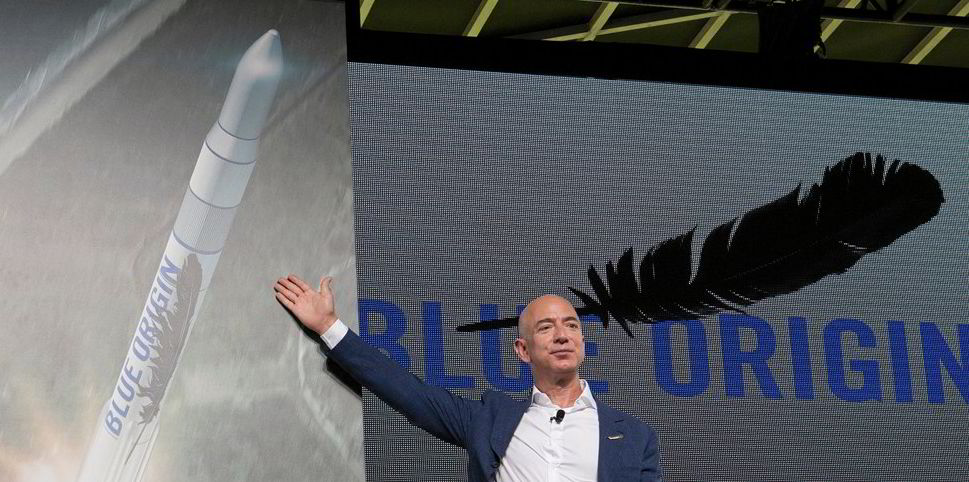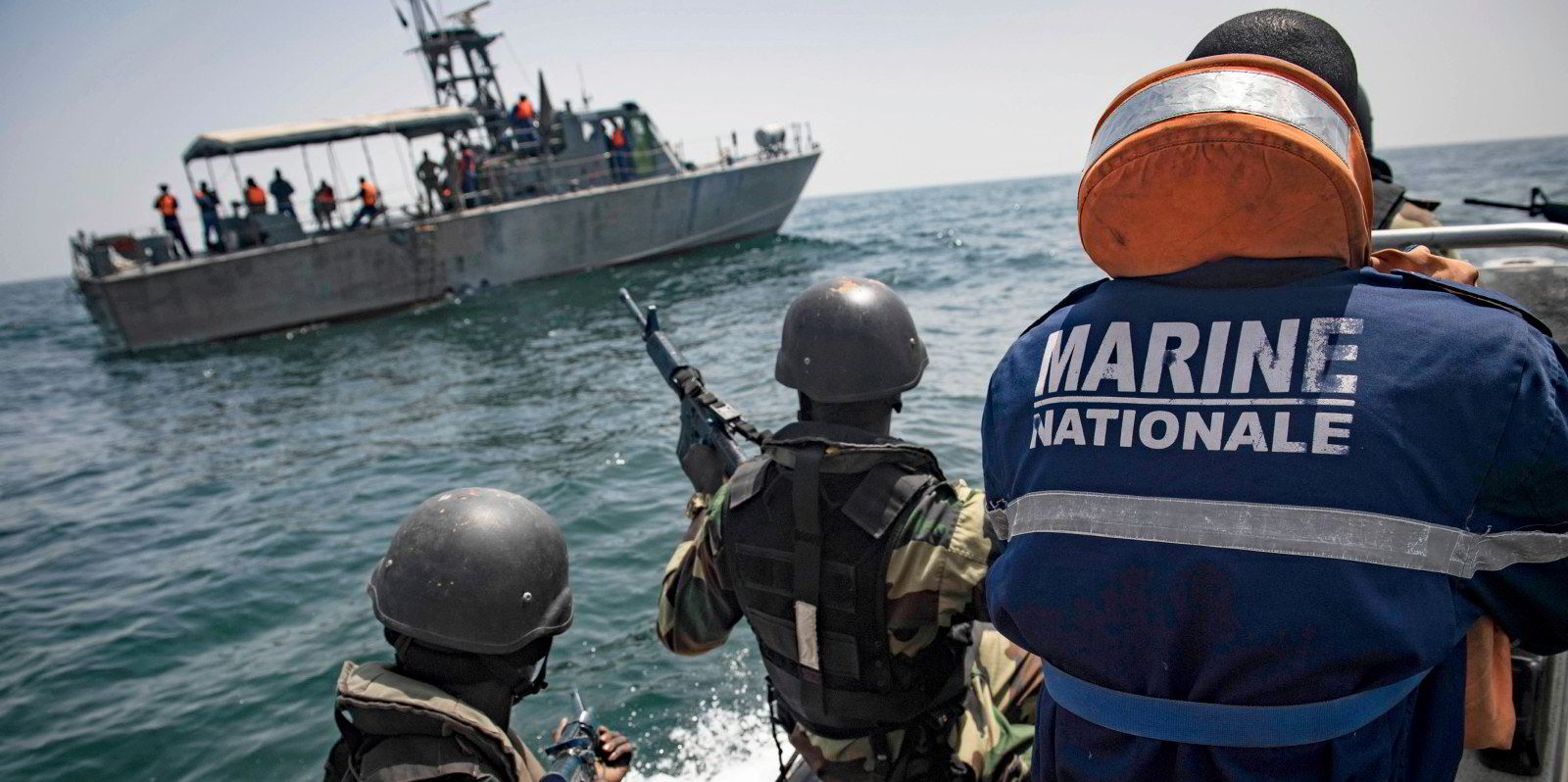The European Commission is pressing ahead with plans to draw up final legislative proposals by the end of June covering a European Union emissions trading system (EU ETS) for shipping.
Brussels insists it is still working to the original timetable of 1 January 2022 for implementation.
And yet the exact nature of how the EU ETS will be structured still remains unclear amid a barrage of criticism from industry around the world.
You have to think that some in shipping would be better placed trying to find solutions than just blocking progress.
Covid has shown that a dramatic change in economic thinking can take place when an emergency demands it.
Who would have thought two years ago that traditionally conservative government ministers would pay people to stay at home and not work?
Who would have thought that free-market loving executives would call for massive state intervention and funding?
And this is a climate emergency. We must curb greenhouses gases and counter climate change for future generations if not ourselves.
There are few indications the EC is ready yet to back down on plans to ensure the scheme covers all international voyages calling at European ports.
Mix and match
The EC could yet mix a cap-and-trade scheme with a flat tax on emissions.
Clara De La Torre, the EC’s deputy director general for climate action, hinted at this in an online seminar just before Christmas.
In submissions to the EC’s EU ETS consultation now published, Japan claims the EU ETS is misguided and could slow decarbonisation.
Shipowners may buy carbon credits from other industrial sectors unless it is a closed scheme, argues Japan, which also warns the global economy will suffer if European exports and imports are made more expensive by an EU ETS.
The Swedish government, by contrast, welcomes the scheme and insists it must apply to all international shipping using European ports.
The EU ETS could be both a catalyst and a model to build on in upcoming efforts within the International Maritime Organization to introduce a market-based mechanism
Swedish government
“The EU ETS could be both a catalyst and a model to build on in upcoming efforts within the International Maritime Organization to introduce a market-based mechanism,” it argues.
Neighbouring Denmark says the scheme must be “flag neutral and enforceable”.
Oil giant and shipowner, Shell, also argues an EU ETS should “allow for the possibility of linking to a potential global scheme by aligning the design characteristics”.
The Union of Greek Shipowners (UGS) restates its opposition that decarbonisation should be left to the IMO.
The UGS raises the difficulties for its members in trying to pass on the costs of carbon to others: “Charterers not only have strong reasons to avoid paying the carbon price but importantly they also have the market power to transfer responsibility to the shipowner.”
The Italian maritime association, Assarmatori, also argues Brussels should leave it to the IMO, which has a “clear pathway” to decarbonisation.
The Royal Belgian Shipowners' Association argues for incremental changes to see how it works rather than “disruptive actions”.
Consulting group, KPMG, warns of the dangers of double taxation if others adopt national carbon schemes.
The Spanish port of Algeciras wants to know how it will be possible to stop deepsea shipping offloading, at say the fast-growing port of Tangier Med in Morocco, and using feederships to Algeciras in a bid to avoid the EU ETS.
No loopholes
But a study published in January by the Transport & Environment campaign group claims the likelihood of carbon evasion is “non-existent”.
This is because the extra cost to a shipowner of an EU ETS covering all international voyages using EU ports would be about 7% more than the current cost of a journey, it said.
The criticisms keep on coming, the questions keep on being raised but with climate ever close to the top of the world agenda, the EU must act. An EU ETS will be introduced but its shape remains uncertain even as the clock ticks to implementation.
There are quite reasonable issues to be tackled with the EU ETS but its hard not to feel that much of the criticism is the kind of foot-dragging that accompanies any difficult but necessary transition. Serious shipowners will be planning not plotting.






